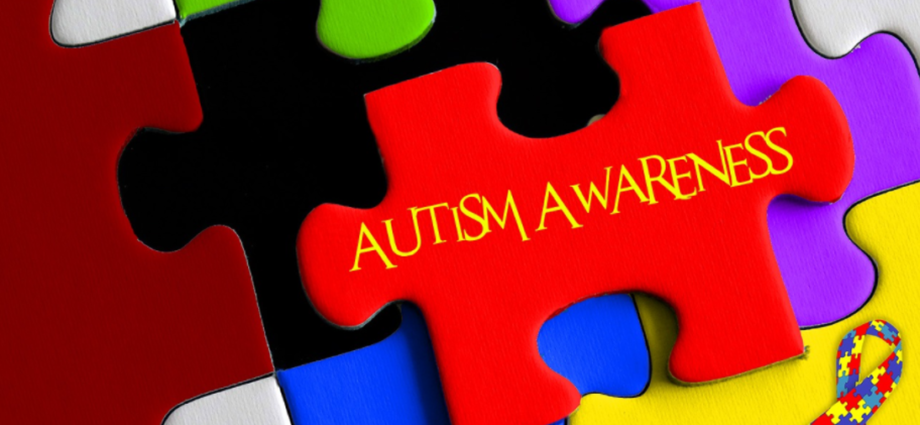|
|
Autistic Spectrum Disorder (ASD), better known as Autism, is a cluster of mental dysfunctions involving brain development that affects how an individual perceives and socializes with others. It causes problems in social interactions and is characterized by extreme self-absorbtion, a lack of empathy, repetitive motor activities, and the impairment of language and concentration skills.
AKA Asperger
Autistic Spectrum Disorder (ASD) includes conditions that were previously considered separate, such as Autism, Asperger Syndrome, childhood disintegrative conditions as well as an unspecified form of pervasive development disorder. The term “Asperger Syndrome” is still used and generally thought to be at the mild end of Autistic Spectrum Disorder (ASD).
This disorder generally begins in early childhood, often within the first year, causing problems socially in school, at work, and general functioning in society. In a recent 2020 article appearing on thebl.com, a high increase in childhood autism was reported. Back in 2014, over one million children were diagnosed with the disorder in the United States.
Vaccination Link?
In the documentary “Vaxxed,” Dr. Doreen Granpeesheh, founder of the Center for Autism and Related Conditions explains the incidence of autism in 1978 was exceedingly rare – 1 case per 15,000 children. By 2014 however, the incidence was 1 case per 50 children. During that same year, each child in the United States was receiving about 46 vaccinations.
Each child with Autistic Spectrum Disorder (ASD) may have a unique pattern of behavior and level of severity ranging from low to high function. Some children show signs of Autism as early as infancy, having reduced eye contact and lack of response. Other children may develop normally for the first few months then suddenly become withdrawn or aggressive and begin to lose language function. Some children with this disorder have normal to high intelligence.
This report is not a diagnosis. We hope this information can guide you toward improving your life.
Review our Knowledge Base or the links displayed on this page for similar and related topics.

